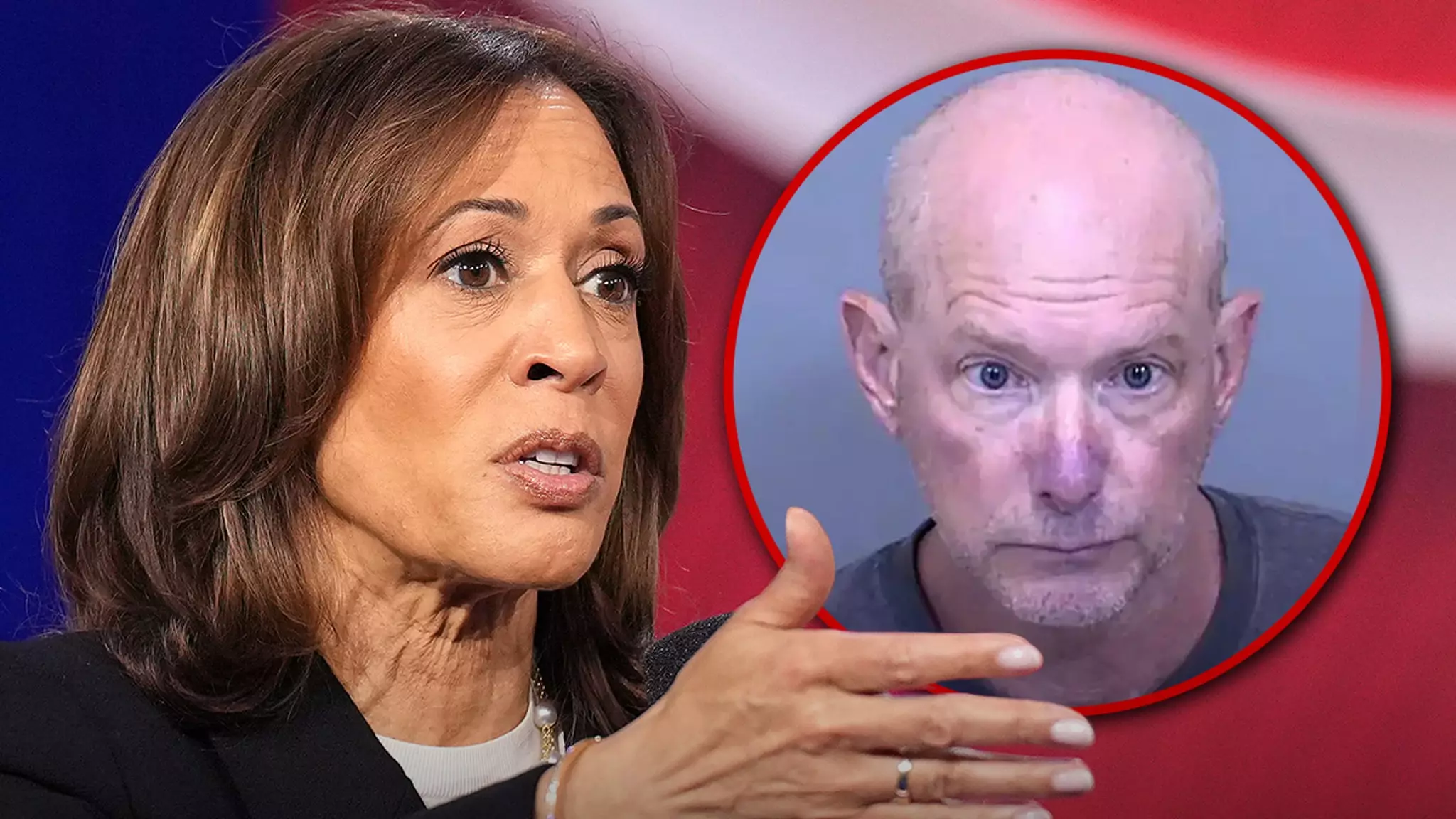In a shocking turn of events, Jeffrey Michael Kelly has been arrested in connection with a series of alarming incidents aimed at Kamala Harris’ campaign office in Arizona. The revelations from the Maricopa County prosecutor, Neha Bhatia, paint a disturbing picture of an individual allegedly preparing for a potentially catastrophic event. Such threats to public figures have far-reaching implications for both individual safety and the larger social environment, intensifying discussions surrounding political violence.
During recent court proceedings, prosecutor Bhatia detailed the arsenal found in Kelly’s possession following his arrest, claiming that authorities uncovered over 120 firearms and an astonishing 250,000 rounds of ammunition in his residence. In addition to these staggering figures, law enforcement officials discovered tooling equipment such as scopes, body armor, and silencers, suggesting not just intent but a methodical approach to carrying out a planned assault. Notably, a machine gun was reportedly found in Kelly’s vehicle, heightening fears regarding his intentions.
The police spoke about a terrifying trend — on multiple occasions, Kelly allegedly fired BB pellets and bullets at the campaign office, a hub of activity for supporters of the Democratic National Committee in Tempe. The incidents identified by the prosecutor — which occurred on September 16, September 23, and October 6 — appeared to be premeditated, as they included specific targeting of a politically significant location.
While the motive remains under investigation, the nature of Kelly’s actions indicates a possible connection to the toxic political climate present today. His prior arrest in 2022 for stealing campaign signs underscores a long-standing pattern of destructive behavior toward political symbols. Bhatia stated that the findings and circumstances support the federal agents’ belief that Kelly was poised to execute a mass casualty event. This claim not only implicates Kelly but also raises questions about the larger societal context and the factors contributing to politically motivated violence.
Kelly now faces numerous serious charges, including committing an act of terrorism and unlawful discharge of a firearm, among others. The heavy hand of the law is illustrated by the $500,000 bail set by the judge, alongside a stipulation for house arrest if he manages to post bail. These legal proceedings underscore the judiciary’s commitment to responding rigorously to threats against public safety, particularly those that disrupt the political process.
The implications of Kelly’s potential actions extend beyond individual accountability. They touch upon broader societal issues regarding political hostility and its normalization in contemporary discourse. Such incidents compel citizens and lawmakers alike to examine the fabric of political engagement, urging a discourse that prioritizes safety, respect for democratic institutions, and promotes peaceful political rivalry. As the legal system takes its course, the ramifications of this case will be felt far beyond the courtroom walls, challenging us to confront our societal values and the environment we cultivate for democratic discourse.

